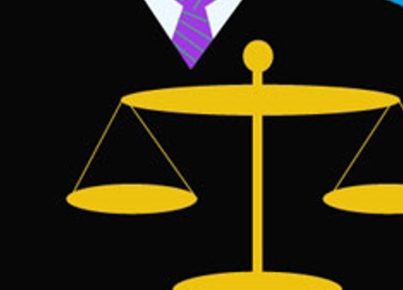Introduction:
In an era where privacy and data protection are paramount concerns, the question of whether school administrators should divulge private information is more relevant than ever. This article will discuss the various perspectives on this issue, the legal and ethical implications, and possible solutions to strike a balance between student privacy and safety.
The Debate:
Supporters of full disclosure argue that school administrators have a responsibility to protect students’ safety and well-being. Ensuring transparency and open communication can help address issues such as bullying, harassment, or criminal behavior, they contend. For instance, information about mental health concerns or potential violence threats could prompt early interventions and prevent tragedy.
Conversely, opponents of revealing private information maintain that disclosing personal details can violate confidentiality and trust. They assert that schools should prioritize students’ privacy rights and respect their personal boundaries. Moreover, making sensitive information public might lead to discrimination or stigmatization, magnifying the issue rather than resolving it.
Legal Implications:
Laws around student privacy vary from country to country and can even be different across states within the same nation. In the United States, for example, the Family Educational Rights and Privacy Act (FERPA) protects students’ educational records from unauthorized disclosure. However, FERPA also allows some exceptions in cases where health or safety is at risk.
Educators must grapple with these competing demands when determining whether to divulge private information about a student. Moreover, unclear regulations or variations in local policies add further complexity to decision-making.
Ethical Considerations:
Alongside legal concerns, the ethical implications of disclosing private information in educational settings are also essential to weigh. Administrators must balance their duty to protect students with their responsibility for maintaining confidentiality.
Possible Solutions:
To strike a balance between privacy and safety concerns, schools might adopt several strategies:
1. Establish clear guidelines on information sharing: A comprehensive policy detailing the circumstances under which private data may be shared can help administrators navigate complex situations.
2. Ensure data minimization: Schools should only collect and disclose the necessary information needed for a particular purpose, practicing data minimization.
3. Provide training for staff: School staff should be trained to recognize potential red flags and understand the protocols for addressing them, including when and how to share private information.
Conclusion:
As schools continue to play central roles in students’ lives, administrators must carefully consider whether sharing private information is appropriate. While safeguarding students is a top priority, maintaining their trust and respecting their privacy rights is also crucial. By implementing clear policies and exercising sound judgment, schools can strike a balance between these imperatives.





